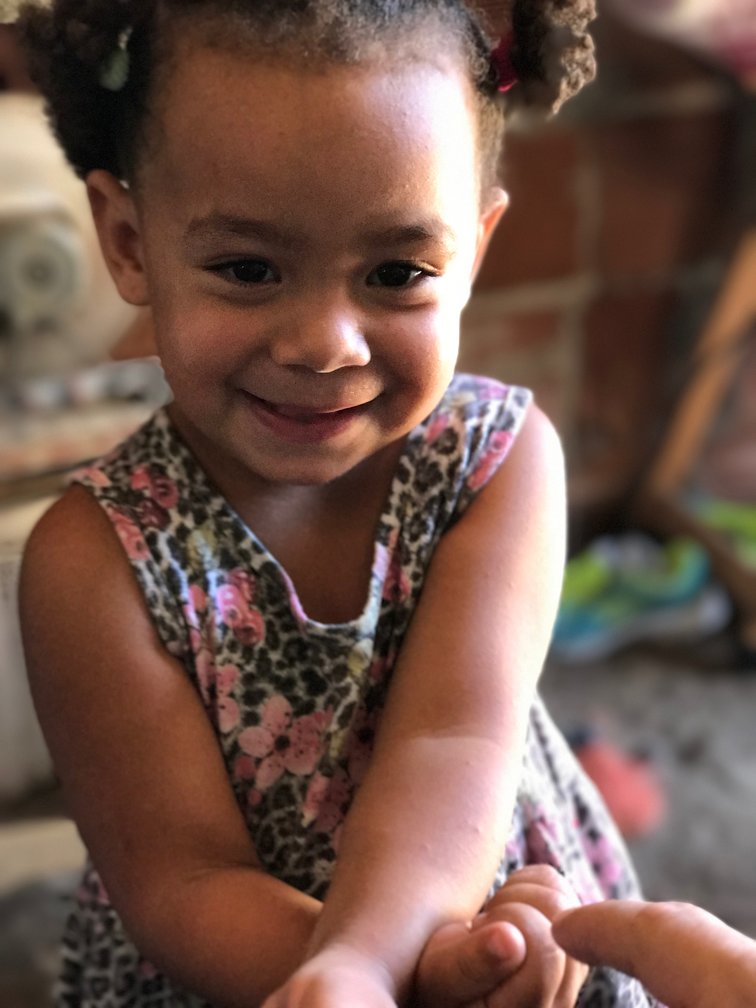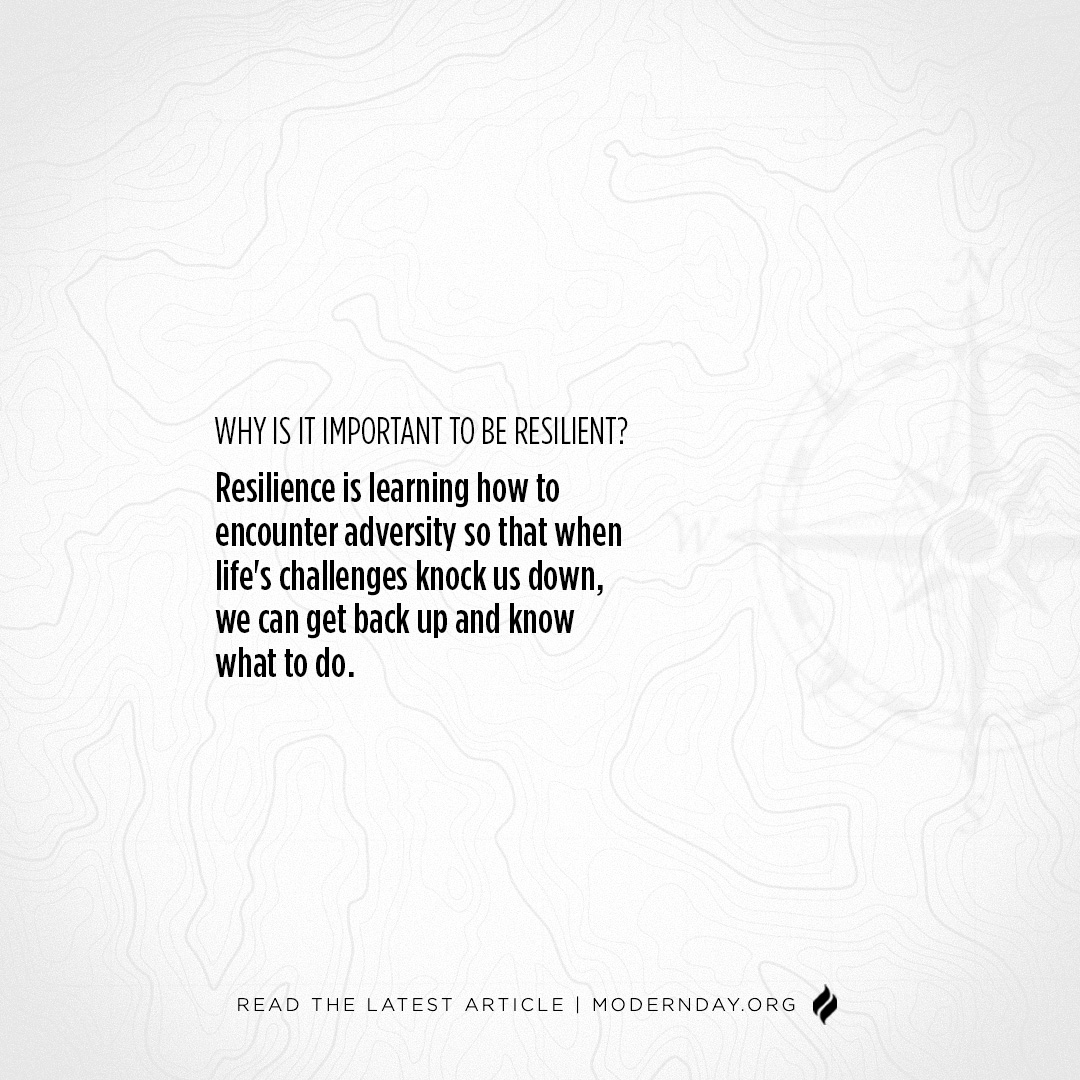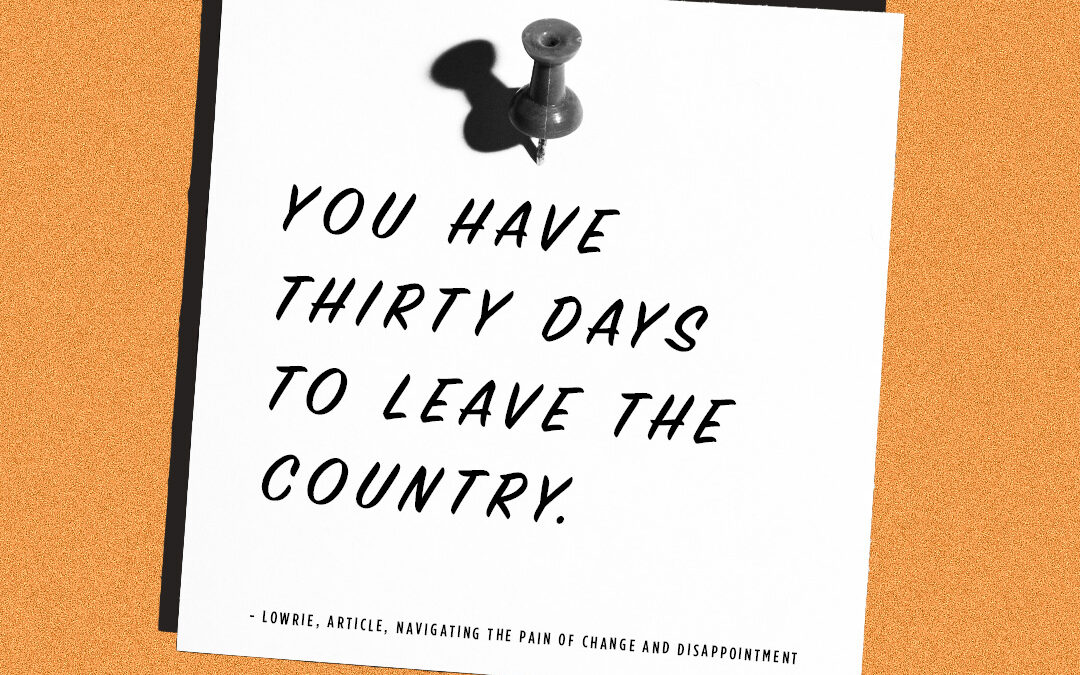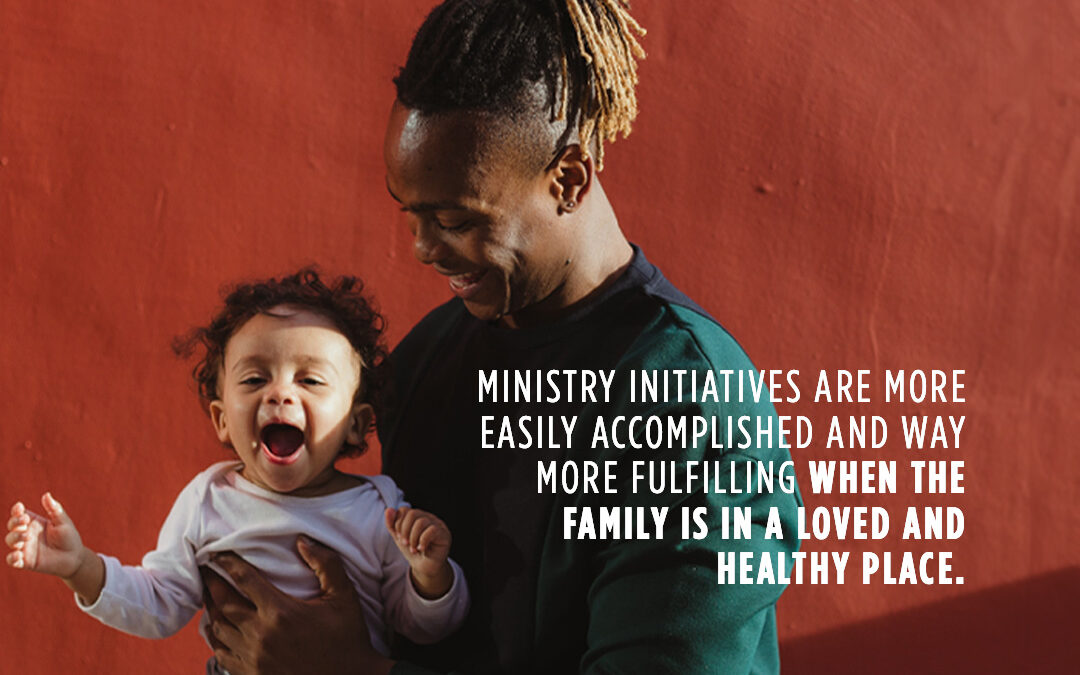*This is the first in a two-part series on Brazil.
I didn’t plan on being in Brazil during the world famous “Carnival” season. As a typical American, I thought that Carnival was synonymous with Rio, but I soon learned that Carnival happens all over Brazil. Here I was in the 2nd biggest Carnival city, Recife. One day my host was taking me to a nearby restaurant, and there was a huge traffic jam full of people on their way to the celebrations in a not so near beach. Welcome to Brazil during Carnival!
It’s easy to get enamored with all the fun shots of Carnival in Rio and think that life is fun and smooth in this land. Sadly, while Brazil has taken many strides in overcoming poverty, there are still massive pockets scattered through the country. Nowhere is this more prominent that in the northeast that was once the center of slavery. My visit began with a trip to Recife a metropolitan area with almost four million people. Be honest, you probably have never heard of this city whose size rivals that of Seattle.
Recife is an important commercial center anchored by a major port and a thriving medical industry second only to the country’s capital of São Paulo. Yet, in the midst of this booming economy is a large group of people largely descendants of slaves that once worked the sugar cane fields in the north. The poorest of them all live in favela’s (slums) that are scattered across the area.
I was here in Recife visiting with several of our Modern Day Field Workers who work for a ministry called Shores of Grace. While their main ministry is to rescue young girls from the sex trade and place them in a loving environment (stay tuned for Part 2 of this story), they are increasingly ministering in a favela blocks away from their ministry center. Here is one story.
Luke Billman, director of Community Outreach for Shores of Grace, was taking me to the favela to meet a young mother, Fernanda (no real name is used for her family) who they had been reaching out to. We entered her three-room brick shack that she had worked hard to build up over the years. The first room was a bedroom that doubled as a living area. Lying in the bedroom next door was a newborn boy, Gabriel, laying quietly on the bed. It was here that I met Camila.
While Luke was ministering to Fernanda in Portuguese, I found myself dragged into a game of “guess what hand the coin is in” with Camila. She was quite an expert in the art of the slight of the hand, because no matter what hand I guessed the coin was in, she would magically open up the empty hand (regardless of which one I had actually pointed to). Then she would belt out a loud laugh signally that once again she had beaten me in the game. Tirelessly she continued the game.
Camila was such a bundle of joy. She was oblivious to her humble surroundings. As we shared these moments together playing, a deep sadness filled my soul. Camila, at such a young age, hasn’t made any poor life choices to deserve a life like this. But already she is trapped by the circumstances and choices of her mother.
You see her mom is black. From her last name you can tell she was a descendent of a slave, and the address on her ID clearly indicates that she lives in the slum. While people would like to believe that discrimination does not exist, whenever she goes to apply for a decent job this is a red flag to potential employers who would rather hire a non-black who doesn’t live in the slums. The jobs easily available to Fernada are a maid, a cook or a prostitute.
What is holding back Fernanda and women like her across the country is the ability to be a good employee. She really needs to go to college and get some training, but with two kids living with her how can she go. There is limited to access to quality child care so a mother like Fernanda isn’t able to go to college. This lack of access to childcare also makes it hard for her to start at the bottom and work her way up. So the circumstances found all so easily across Brazil traps Camila before she has even begun to make choices.
Unfortunately, Fernanda has made poor life choices. Having three children from three different men (the third lives with her father), she is saddled with having to raise Camila and Gabriel on her own. As is found so much in these favela’s, I’m not exactly sure of these children were the result of rape, prostitution or simply having unprotected sex.
The system is stacked against Camila. It is all to common that by around the age of 10, she will have to drop out of school to take care of Gabriel. She will then find herself in the same cycle that has trapped her mother.
Life in Brazil isn’t all a Carnival…
Three Ways to Get Involved:
1. Donate $10 to the Camila Fund and help Shores of Grace continue to minister in the favela’s of Recife.
2. Donate $10 to one of the Shores of Grace staff members:
Nic and Rachel Billman (founders)
3. Donate $10 to the Modern Day General Fund to enable us to continue to support ministry across the world.
By: Elias Reyes | Founder & President, Modern Day Missions







